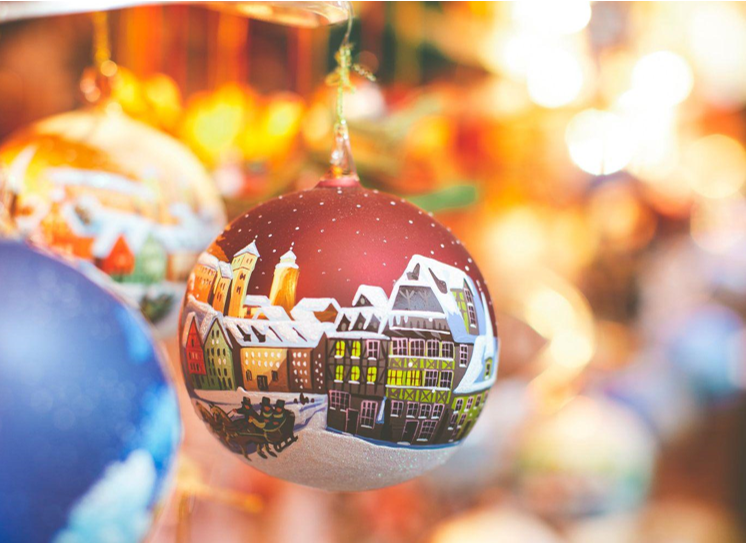When celebrating Christmas, a few traditions light up our homes and hearts, such as decorating a tree. Ornaments, in particular, carry rich stories, cultural significance, and the ability to create cherished memories each holiday season. Pairing them with a flocked Christmas tree’s soft, snow-kissed look can make celebrations feel extra magical. Let’s explore the history behind these festive decorations and the charming lore tied to Christmas traditions.
The History of Ornaments
The tradition of embellishing Christmas trees with ornaments dates back hundreds of years. Its origins are often credited to 16th-century Germany, where devout Christians decorated trees with apples to symbolize the Garden of Eden. Over time, they adorned trees with nuts, candles, and handmade trinkets.
By the mid-19th century, the practice had spread across Europe and reached America. One key figure responsible for popularizing the tradition in English-speaking countries was Queen Victoria. The custom became a must in many households when she and Prince Albert showcased their stunningly decorated tree in a widely shared sketch.
Glass-blown ornaments were introduced in Germany in the 1800s and quickly became a staple. Iconic manufacturers, like Lauscha, began crafting delicate ornaments in the shapes of fruits, stars, and eventually Saint Nicholas himself. Families used these decorations to celebrate the holiday and express faith, creativity, and their shared love for Christ.
Random Facts and Christmas Lore
Beyond their historical significance, ornaments are steeped in stories and symbols. Did you know that the glass pickle ornament is thought to bring good luck to whoever finds it on Christmas morning? Another favorite tradition is the angel ornament perched atop the tree, which represents the Angel of the Lord glorifying Jesus’ birth.
Additionally, flocking Christmas trees dates back to the early 1900s. A flocked Christmas tree, covered in a snow-like dusting, evokes imagery of the shepherds watching their flocks in snowy fields—a subtle nod to the Nativity story.
The Church also participated in Christmas tree decorating, incorporating ornaments as a teaching tool. The round, glass ornaments are said to resemble the shape of the orb of the world, a reminder that Jesus came to save all. They also reflect light, much like Christ is considered the “light of the world.”
Interestingly, tinsel, one of the earliest tree decorations, carries a whimsical legend. According to folklore, a poor family couldn’t afford to decorate their tree, but on Christmas morning, they awoke to find it covered in shimmering spider webs that shone like silver.
From biblical allegories to quirky family traditions, ornaments make every tree unique and special.
A Personal Touch Each Holiday Season
Whether decorating with heirlooms or simply enjoying the timeless beauty of a flocked Christmas tree, ornaments remind us of actual Christmas values. These include faith, family, and the joy of giving. Each piece hung with care continues a centuries-old tradition, connecting us to a larger story of love and light.
As you decorate your tree this year, take a moment to reflect on the stories behind your ornaments. They’re more than glitter and glass—they’re keepers of memory, meaning, and tradition.
